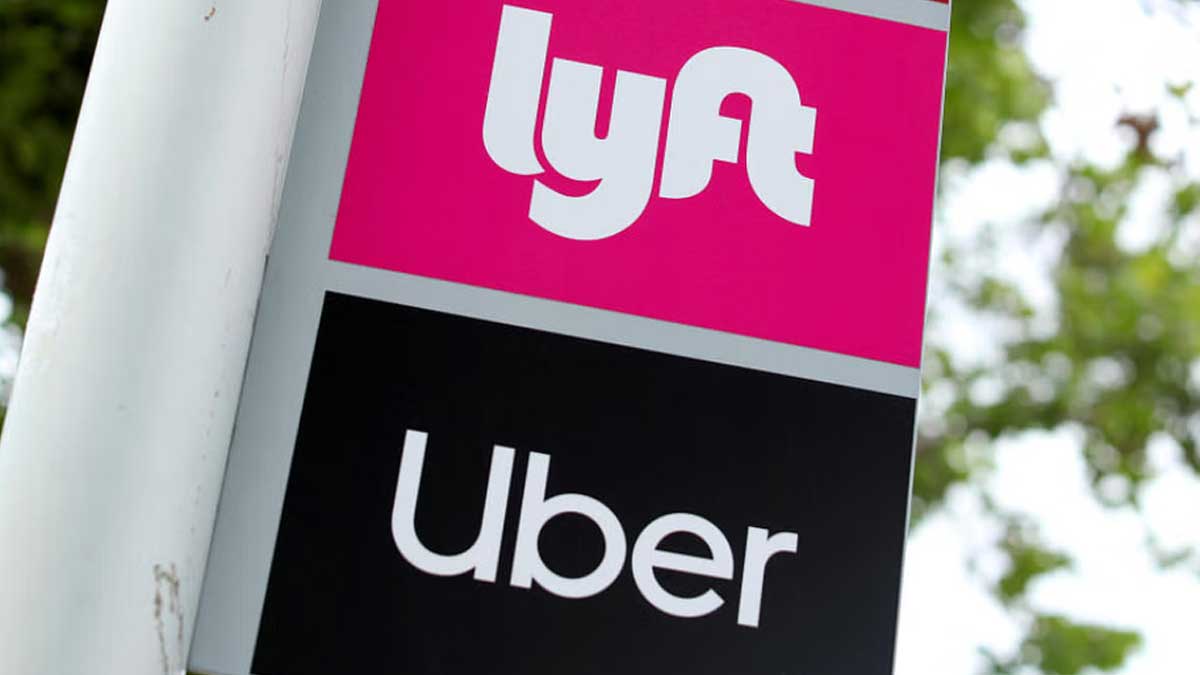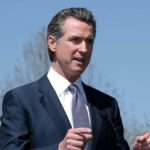- Home
- Billionaires
- Investing Newsletters
- 193CC 1000
- Article Layout 2
- Article Layout 3
- Article Layout 4
- Article Layout 5
- Article Layout 6
- Article Layout 7
- Article Layout 8
- Article Layout 9
- Article Layout 10
- Article Layout 11
- Article Layout 12
- Article Layout 13
- Article Layout 14
- Article Sidebar
- Post Format
- pages
- Archive Layouts
- Post Gallery
- Post Video Background
- Post Review
- Sponsored Post
- Leadership
- Business
- Money
- Small Business
- Innovation
- Shop
Recent Posts
California Rules Uber, Lyft Drivers Are Contractors

In a landmark decision, the California Supreme Court ruled that drivers for Uber and Lyft will remain classified as independent contractors rather than employees. This ruling represents a crucial victory for the rideshare giants, who have been battling increasing resistance from labor groups advocating for better worker protections. The court’s decision specifically upheld Proposition 22, a state ballot measure that allows companies to categorize their drivers as gig workers. This measure, passed by California voters in November 2020, was deemed constitutional by the court, concluding a protracted three-year legal struggle. Initially, in 2021, a state Superior Court judge had ruled the measure “unenforceable.” However, this decision was overturned by a 2023 state Appeals Court, leading to the Supreme Court’s final affirmation.
The implications of this ruling extend beyond Uber and Lyft to other gig economy companies like DoorDash, whose drivers are also affected by the decision. As independent contractors, these drivers are not covered by state worker compensation laws, which would otherwise offer them protections and benefits akin to those of traditional employees. Uber has celebrated the ruling, asserting that it preserves drivers’ freedom to work according to their preferences, choosing when and how they wish to operate. Nonetheless, this flexibility comes amid ongoing criticism from labor organizations that argue for higher wages and the legal protections that come with formal employment status.
The backdrop of this legal battle centers on Proposition 22, which provides a framework for contract employees to earn 120% of the state’s minimum wage, currently set at $16 per hour. Additionally, the measure includes benefits such as healthcare stipends, occupational insurance, death insurance, and an extra 30 cents per mile, adjusted for inflation based on 2021 figures. However, these benefits are limited to the time drivers spend actively transporting passengers and exclude any additional mileage driven while waiting for a fare. Furthermore, the benefits are only accessible to drivers who work more than 15 hours per week. While rideshare companies staunchly defend Proposition 22, critics argue that the benefits it offers are still significantly less than those available to full-time employees.
Uber and Lyft’s treatment of drivers has come under scrutiny in various states, leading to significant legal and financial repercussions. In New York, a comprehensive investigation revealed that both companies had withheld wages and benefits from their drivers. This investigation culminated in a substantial settlement, with Uber agreeing to pay $290 million and Lyft $38 million, benefitting over 100,000 drivers in the state. Similarly, in Massachusetts, Uber and Lyft reached a $175 million settlement, establishing a $32.50 minimum hourly wage for drivers. Despite these settlements, the companies have managed to avoid reclassifying their drivers as full-time employees, maintaining the independent contractor status that underpins their business models.
The California Supreme Court’s ruling solidifies the status of rideshare drivers as independent contractors, allowing Uber and Lyft to continue their current operational practices in the state. However, this legal victory does not mark the end of challenges for these companies. They must continue to address the criticisms and demands of labor groups seeking better compensation and more comprehensive employee rights. As the gig economy evolves, the tension between business flexibility and worker protections is likely to remain a contentious issue, with potential implications for similar legal battles in other jurisdictions.
Recent Posts
Categories
- 193 Countries Consortium Partner1
- 193cc Digital Assets2
- 5G1
- Aerospace & Defense48
- AI37
- Arts3
- Banking & Insurance11
- Big Data3
- Billionaires1,477
- Boats & Planes1
- Business332
- Careers13
- Cars & Bikes79
- CEO Network1
- CFO Network17
- CHRO Network1
- CIO Network1
- Cloud10
- CMO Network18
- Commercial Real Estate7
- Consultant1
- Consumer Tech194
- CxO1
- Cybersecurity73
- Dining1
- Diversity, Equity & Inclusion4
- Education7
- Energy8
- Enterprise Tech29
- Events11
- Fintech1
- Food & Drink2
- Franchises1
- Freelance1
- Future Of Work2
- Games149
- GIG1
- Healthcare79
- Hollywood & Entertainment203
- Houses1
- India’s 1000 Richest1
- Innovation46
- Investing2
- Investing Newsletters4
- Leadership65
- Lifestyle11
- Manufacturing1
- Markets20
- Media327
- Mobile phone1
- Money13
- Personal Finance2
- Policy569
- Real Estate1
- Research6
- Retail1
- Retirement1
- Small Business1
- SportsMoney42
- Style & Beauty1
- Success Income1
- Taxes2
- Travel10
- Uncategorized14
- Vices1
- Watches & Jewelry2
- world's billionaires1,446
- Worlds Richest Self-Made Women2
Related Articles
South Korea Plane Crash: A Tragic Loss and Global Mourning
The tragic plane crash at South Korea’s Muan International Airport on Sunday...
By 193cc Agency CouncilDecember 30, 2024H-1B Visa Debate Splits Trump Allies and Silicon Valley
The debate over H-1B visas has once again become a contentious issue,...
By 193cc Agency CouncilDecember 28, 2024Trump Moves $4B Stake in Truth Social Parent, Stock Drops 6%
Donald Trump recently transferred his 57% stake in Trump Media & Technology...
By 193cc Agency CouncilDecember 20, 2024House Rejects Trump-Backed Funding Bill, Shutdown Looms
The U.S. House of Representatives rejected a new government funding bill on...
By 193cc Agency CouncilDecember 20, 2024















Leave a comment